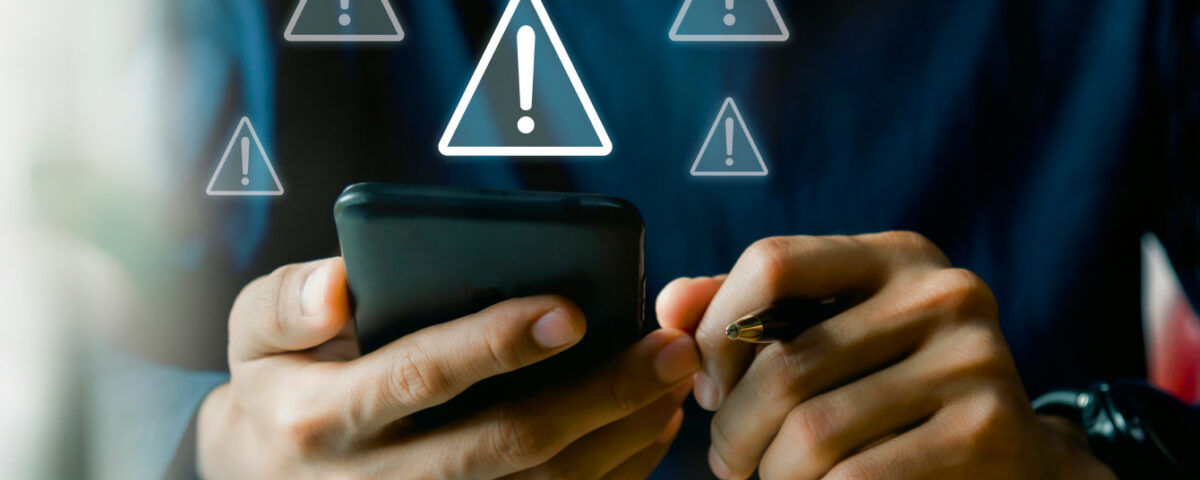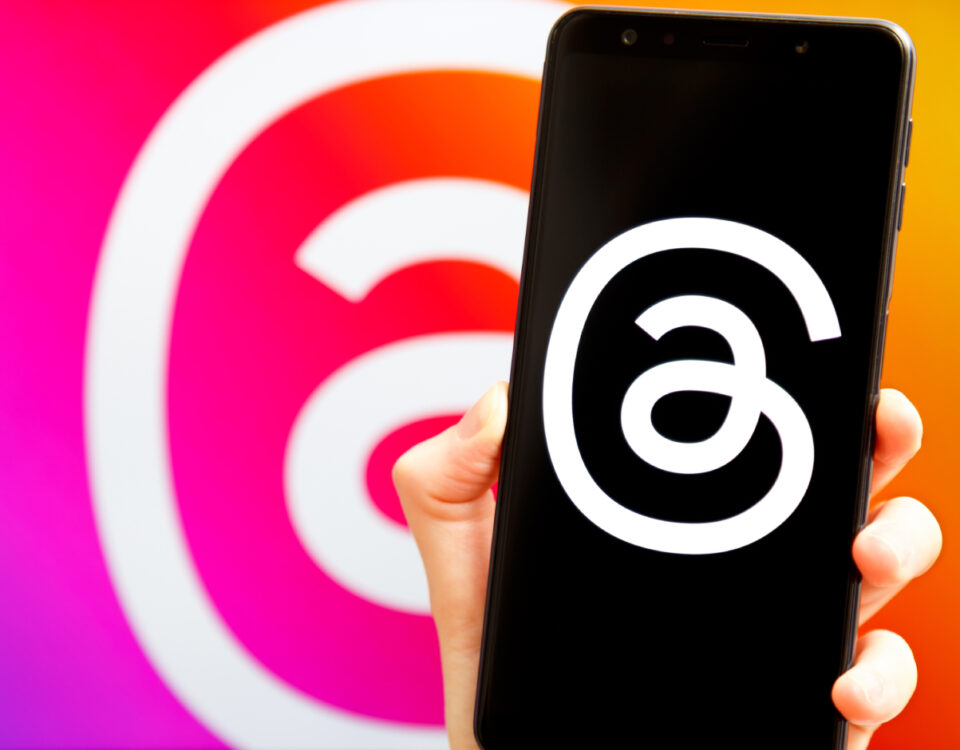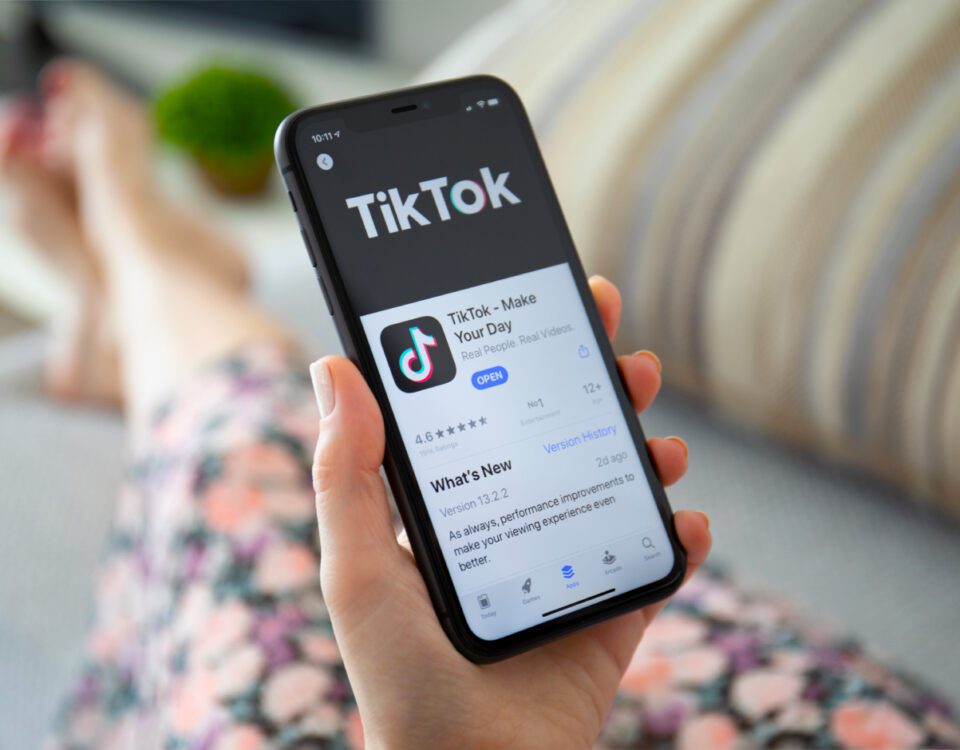Share
It’s every Community Manager’s worst nightmare: a social media crisis that goes viral and ends up damaging your brand’s online reputation for good! From product failures and customer service complaints to disgruntled ex-employees and controversial content, there are many different types of PR disasters that can strike on platforms like Facebook, Twitter and Instagram and rapidly gain traction, leading to serious consequences for your company. But don’t panic - thankfully there are ways to take control of negative situations and keep your business image intact. It’s best to assemble a comprehensive crisis management plan so that you and your team can be prepared should the worst case scenario ever happen. Find out how below.
Define What is a Crisis for Your Brand
What constitutes a crisis will depend on the nature of your business and industry, so the first thing you need to do is decide on a definition that applies to your brand specifically. Remember, a crisis is different from a minor complaint that can be easily resolved via your standard customer service procedure - it’s likely to affect a much wider audience, and will require a more serious and public response from your business. Make a detailed list of things that could potentially go wrong with your products, services, social media content and advertising campaigns. This could include:
• A food poisoning outbreak in your restaurant
• Animal products being found in food or drink products labelled as vegan or vegetarian
• Gluten-containing ingredients being found in food or drink products labelled as gluten-free
• False or misleading information being shared on social media
• An outburst from an unhappy former employee
• Poorly-timed or insensitive content being posted during a national event or cultural/political movement
• Allegations of racism, homophobia, sexism or ableism in your store or location
• A harsh or inappropriate remark being made by a competitor
• Your website or software facing an outage or other technical difficulties
Crisis Detection
Of course, in order to start managing a crisis, you need to know when one is taking place! 34% of businesses that have experienced a crisis recognise that they need to do more to identify them, so if you’re lacking confidence in your current crisis detection process, you’re not alone.
Social Listening is a reliable way to identify the beginnings of an online crisis. This task involves tracking keywords and phrases across social media, including untagged mentions of your brand, in order to keep tabs on what’s being said. Although Social Listening can be conducted manually (by simply searching for keywords using the search bar on each social platform), it’s much better to use a dedicated tool which will notify you whenever a new mention pops up, so you can action it straight away. Alternatively, you can outsource the job to an external team like ours here at 3sixfive, who can monitor your mentions around the clock and flag any major concerns immediately.
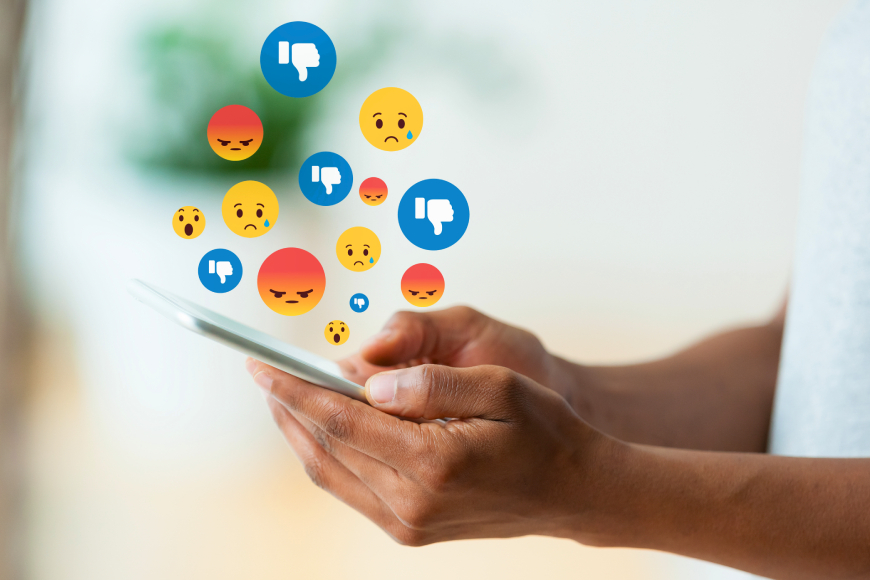

Communicate the Problem
If you’ve discovered a crisis unfolding on social, don’t keep it a secret! Make sure to tell the rest of your team as quickly as possible and keep them updated throughout the process so that everyone is informed about what’s going on. This is particularly important if you’re part of an around-the-clock Community Management team where you’ll be handing over to your colleagues on the next shift, as they’ll need to know what stage of the crisis they’re coming into.
Respond Quickly & Take Credibility
Although it may seem tempting to keep your head down and simply wait until the situation blows over, this is never a good idea. It’s important to acknowledge the problem right away, as your audience will be expecting a response - in fact, more than a third of consumers say they will boycott a brand if it ignores complaints on social media. What’s more, nearly 40% of people want to see a response within an hour when they raise an issue with a business on social media.
On a positive note, 89% of customers say a brand can regain their trust if it admits to an error and is transparent about the steps it will take to fix it, which proves that it’s best not to shy away from a crisis. We’re only human after all - there’s no shame in owning up to your mistakes and taking accountability when things go wrong. Honesty is the best policy!
Depending on the nature of the crisis, your response will need to be either a direct reply to the person who initially raised the issue, or a standalone post that goes out to your entire audience addressing and apologising for the situation (or both, if needed).
Prioritise Accordingly
If the crisis has really snowballed, you might need to get all hands on deck to provide responses. It may also be necessary to momentarily prioritise handling the crisis over other conversations, such as general community chit chat or competition entries. Of course, all customer interactions are important, but when a major event is taking place that has the potential to harm your reputation if left unattended, less urgent comments can temporarily take a back seat. Just make sure to check for any messages you may have missed once the crisis has been managed, so that nobody is left without a response.
Pause Scheduled Content
In some cases, it may be a good idea to hit the brakes on any posts that are due to be published on your page(s) over the next few hours or days, in order to prevent further frustration and confusion. For example, a post claiming that your brand provides super-fast shipping may not go down so well with your audience if a viral complaint has recently arisen regarding delivery delays or lost items. Pause all content that may come across as hypocritical or disrespectful in the wake of the crisis, and wait for a more appropriate time to reschedule.
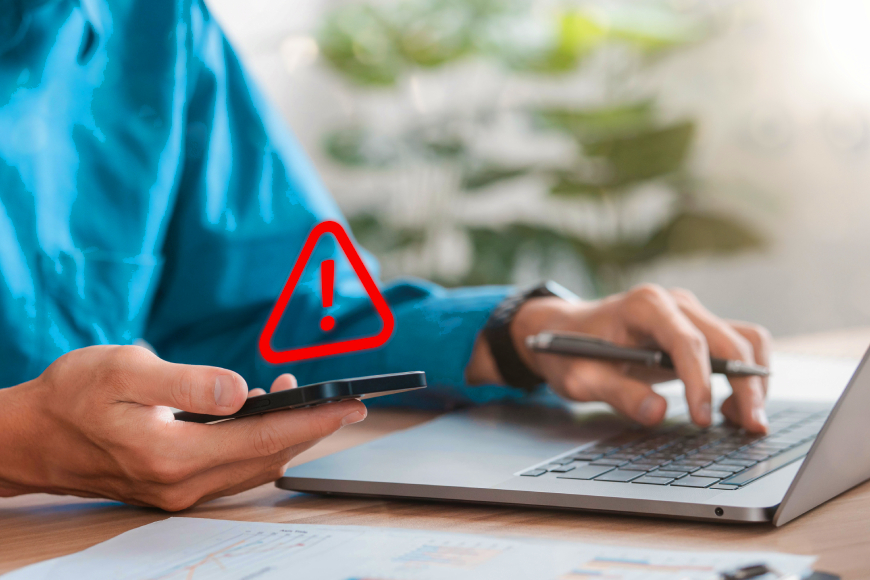

Learn & Grow
Social media crises certainly aren’t fun and they can cause your team’s morale to take a hit, but they can also provide a huge learning experience for your company. Use the outcome of the event to set new goals and implement effective business changes that will ultimately boost your reputation, such as improving your products, arranging additional staff training, or partnering with an external agency to handle your Community Management, Review Management or other digital services.
Sentiment Analysis
You should be analysing the sentiment of your brand-related conversations at all times, but this process becomes even more significant after a social media crisis. Once the initial emergency has settled down and you have issued an apology, it’s a good idea to track the sentiment of all subsequent comments and messages, in order to find out if the event has had a lasting effect on your reputation or if you’ve done enough to repair the public’s perception of your brand.
If you find that you’re still receiving criticism and that the crisis remains a highly discussed topic long after it occurred, this is a sign that you haven’t yet acted sufficiently to regain your audience’s trust. Communicate transparently with them and demonstrate that you’ve made positive progress since the event, as this will show that you’ve listened to their feedback and truly want to put things right.
Crisis Prevention Tips
Due to the unpredictable nature of social media, there’s unfortunately no way to be 100% risk-free - but with that being said, there are steps you can take to minimise the likelihood of a crisis occurring. Here are some useful suggestions:
• Make sure all of your social media content is appropriate for your target audience and follows the rules of each platform.
• Include a clause in your employees’ contracts that encourages them to be respectful and professional when mentioning your company on social media, both during and after their employment.
• Make sure former employees no longer have access to your brand’s social media accounts once they’ve left the company.
• Make sure your tone of voice guidelines are clear and easy to understand, so that anyone who communicates as your brand uses the correct style.
• Don’t interact with other brands whose values don’t align with yours, that are known for being controversial, or that have negative reputations.
• Proof-read your content to check for spelling and grammar errors, as well as any wording that could be interpreted negatively.
• Always check that you’re logged in to the correct account when posting content or responding to comments, so that you don’t accidentally share something from your personal account (or the wrong client, if you’re working for an agency).
• Train your team members on the GDPR and other data privacy regulations. The same goes for copyright laws and the importance of gaining permission from customers and fans before sharing UGC.
• For food and drink brands, restaurants and cafés, make sure all allergens and ingredients are clearly stated on your website, social storefront and printed menus.
• When sharing facts or news, only cite credible, trustworthy sources.
• Get a third party to conduct an audit of your social media pages to find out if you - or another branch of your business - are unknowingly posting damaging content, or interacting with your customers in an unsafe, unprofessional or unsuitable way.
• Stay informed about what’s going on in your industry and local area (as well as nationally and globally) so that you don’t post any inappropriate content at an insensitive time.
• Be careful with cheeky humour and risky banter on social media - it’s fun to be playful in your content and messaging, but know where to draw the line.
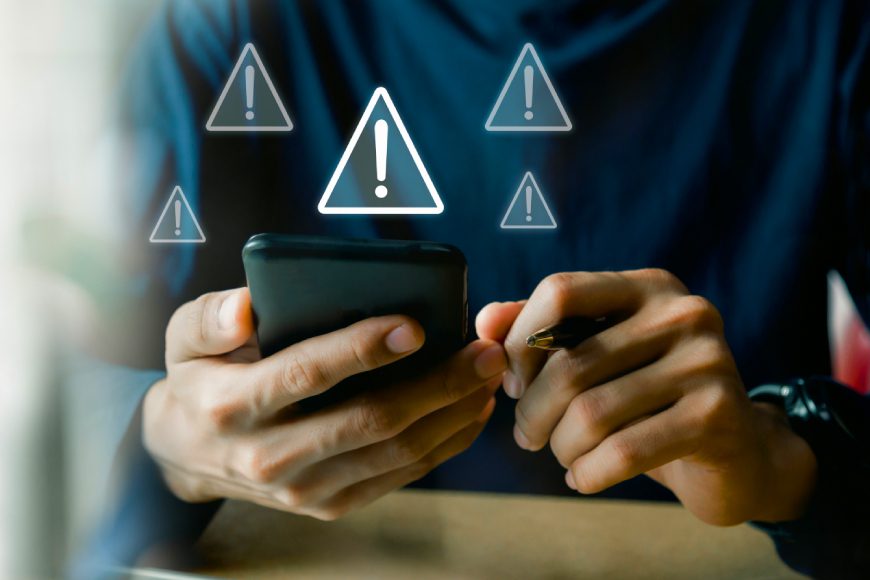

Summary
Social media crises are understandably daunting, but with a foolproof contingency plan in place, your brand should be able to come out the other side stronger - and armed with lots of useful insights that will help you grow and improve in the future. If you’d prefer to hand the task over to a dedicated team of reputation management experts, contact us today to find out how we can help your business prevent and control PR disasters online.


